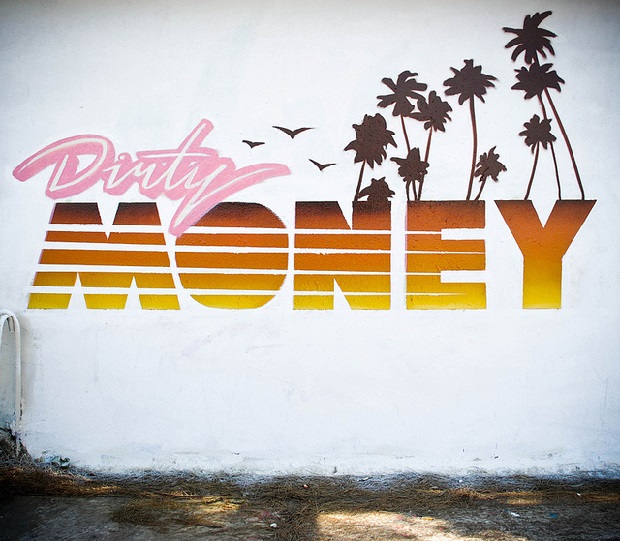After resigning from Panama’s official effort to clean up its financial sector, Nobel-prize winning economist Joseph Stiglitz and transparency expert Mark Pieth have come out with their own independent report.
And it’s a good one.
Overcoming the Shadow Economy moves the focus away from Panama itself, to tackle the global problem of secrecy and its consequences.
Stiglitz and Pieth write that transparency is a “global good” while “secrecy imposes harm on the entire global community.” Therefore, “If a country itself will not enforce transparency, the international community should step in to fill the void”.
Many of the recommendations in the report are closely aligned with policies that anti-corruption advocates including Transparency International and our allies at the Financial Transparency Coalition have been pushing for in recent years. Here is a small selection:
- “National governments should establish registries of the names of directors, registered agents, and beneficial owners for all entities incorporated in the country and for all trusts and foundations established within the country.” It is also “crucial” to “progress to publicly searchable registries”.
- “In addition to supervision of banks and business entities, a state must also adequately supervise intermediary service providers, such as the legal industry.”
- In the real estate sector “beneficial ownership disclosure should be made mandatory—and enforced—for all large real estate cash transactions.” Also “Full and public disclosure of the beneficial owners should be a condition for registering ownership.”
- “In addition, the Criminal Finances Bill recently introduced in the UK House of Commons introduces the concept of “unexplained wealth orders”. These orders will allow agencies tracking financial transactions to force the owner of an asset to explain how they obtained the funds to purchase it. Unexplained wealth orders would also help reveal the owners of real estate.”
- “All regulatory institutions which administer the exchange of information and supervise financial institutions and associated service providers (accountants, registered agents, attorneys, etc.) must have suitable personnel meeting the highest professional standards, and must also have adequate independence and budgetary resources to carry out their duties. And it is especially important to ensure that there are no conflicts of interests affecting government employees and public officials tasked with oversight.”
- “All countries, and especially developing ones, should participate in all relevant multilateral fora where international tax and transparency norms are set and in doing so, should be active advocates of high standards and demonstrate a willingness to adopt higher standards of transparency and to work to see that they are uniformly applied. And these fora should be open to all countries.”
Last week, the results of the US election plunged many anti-corruption advocates into despair. The Stiglitz/Pieth report is a breath of fresh air, reminding us of what’s at stake in the global transparency debate, and how much there still is to fight for.
















 Connect with us on Facebook
Connect with us on Facebook Follow us on Twitter
Follow us on Twitter